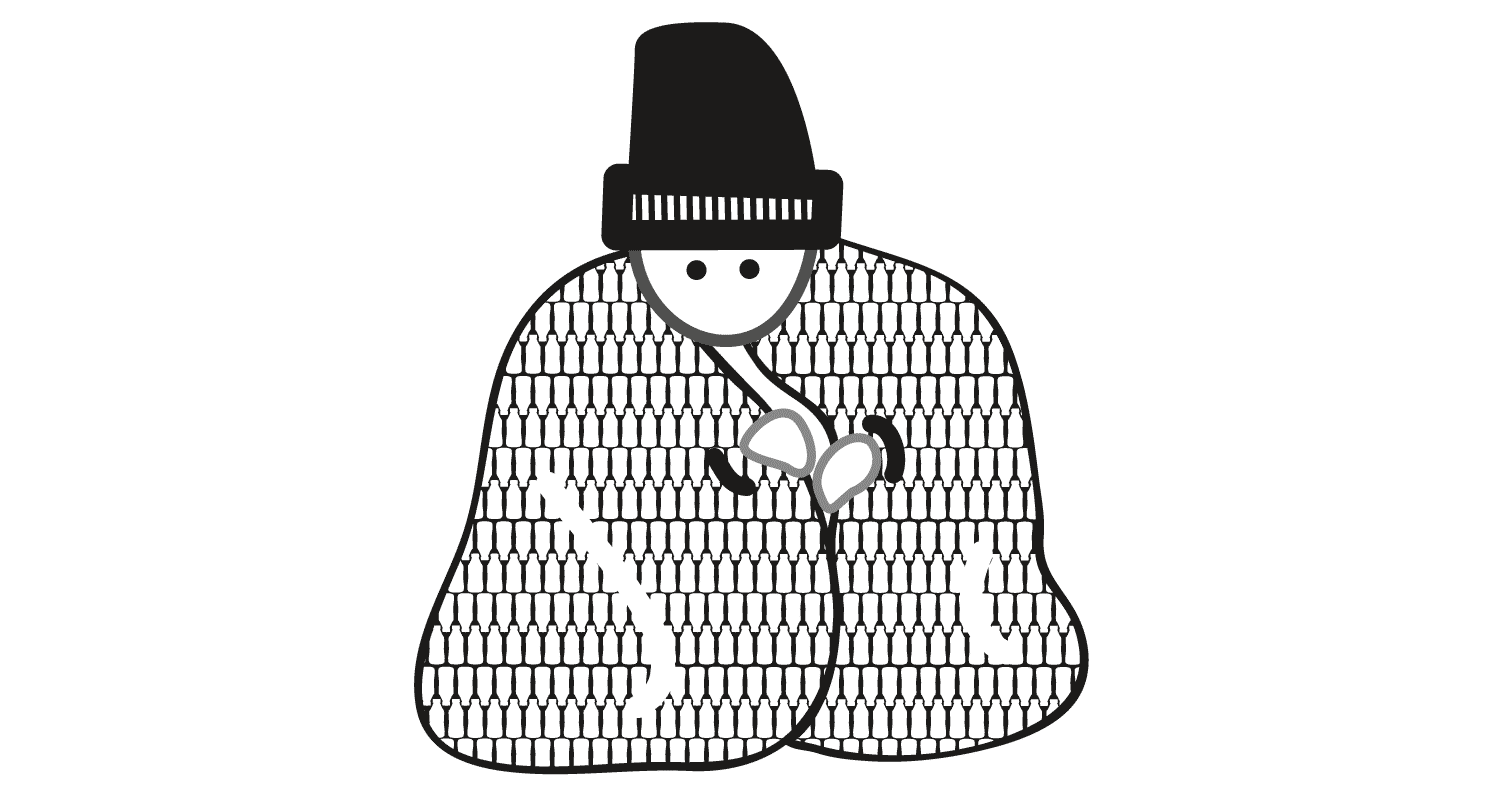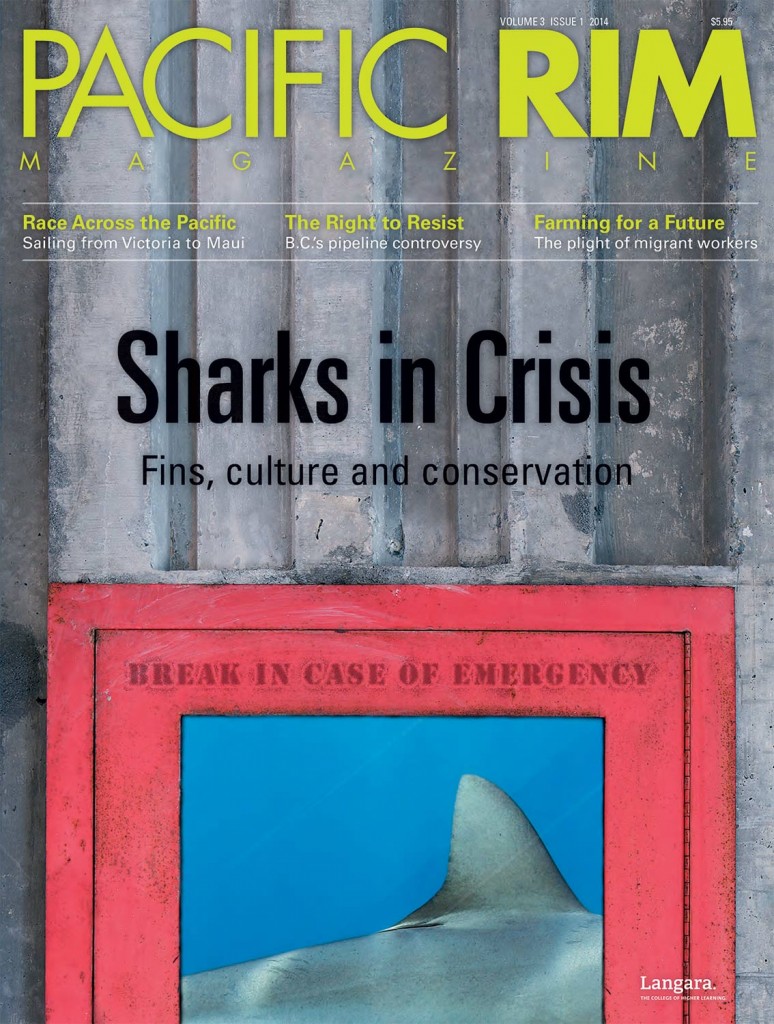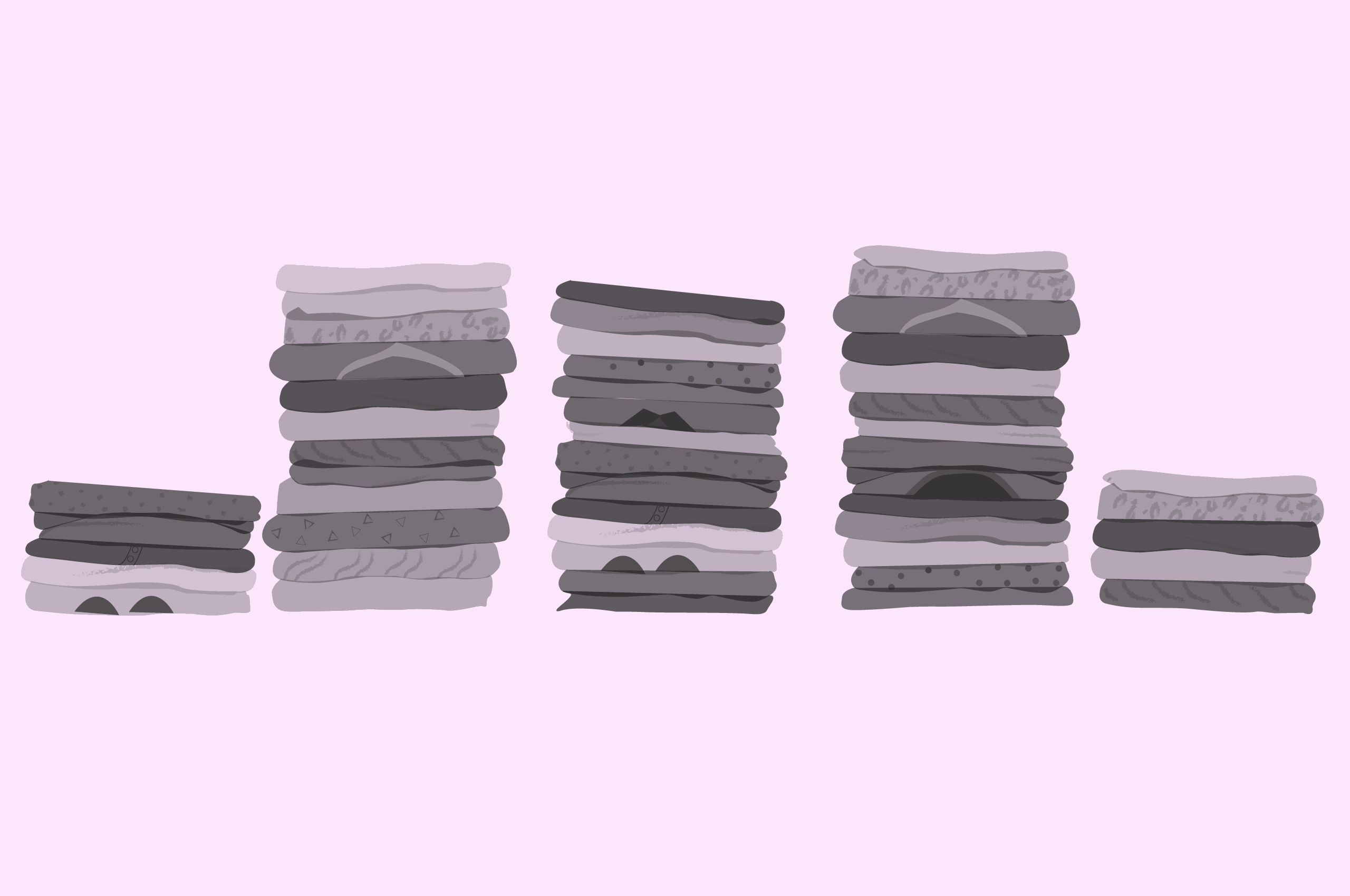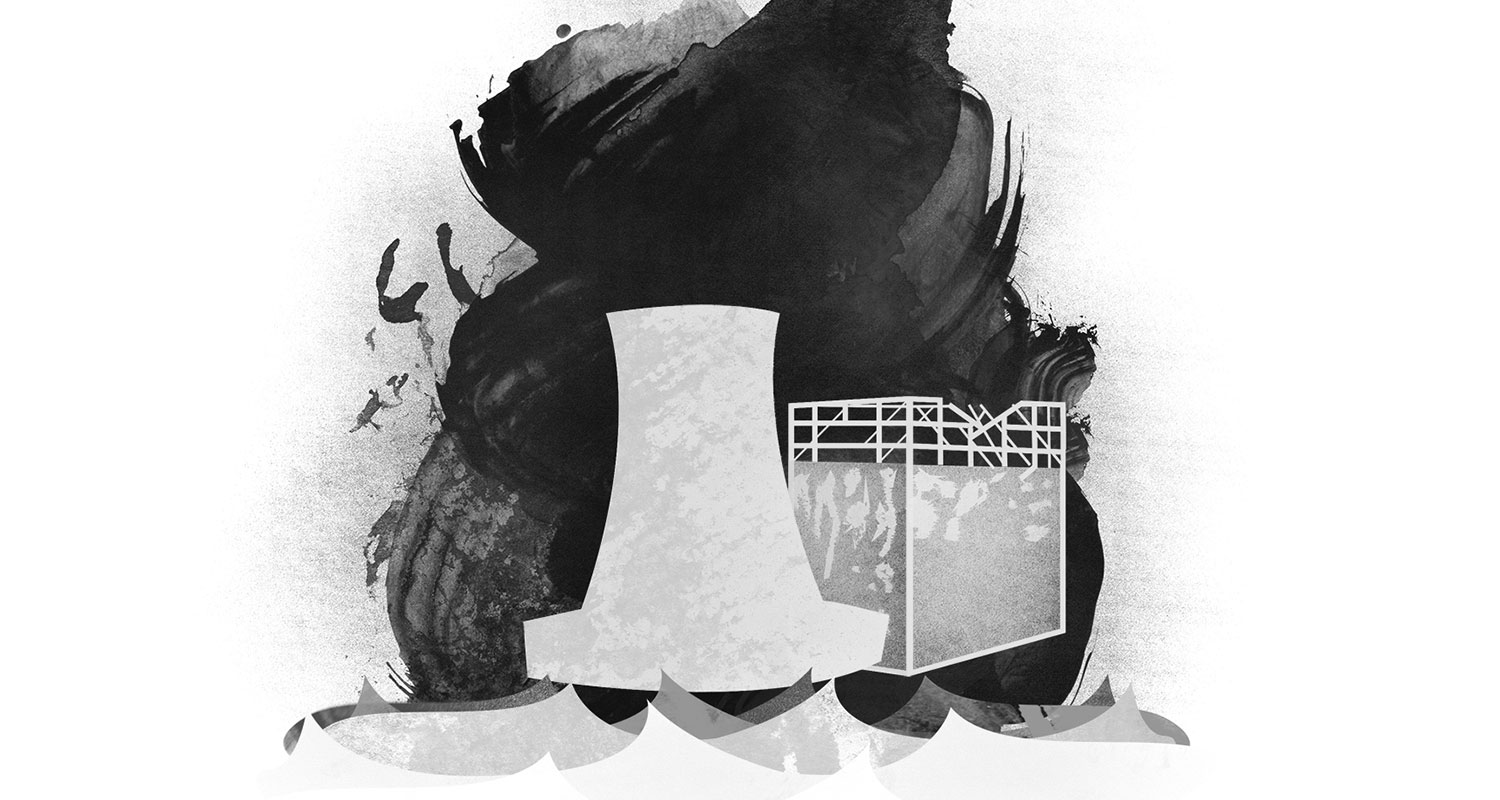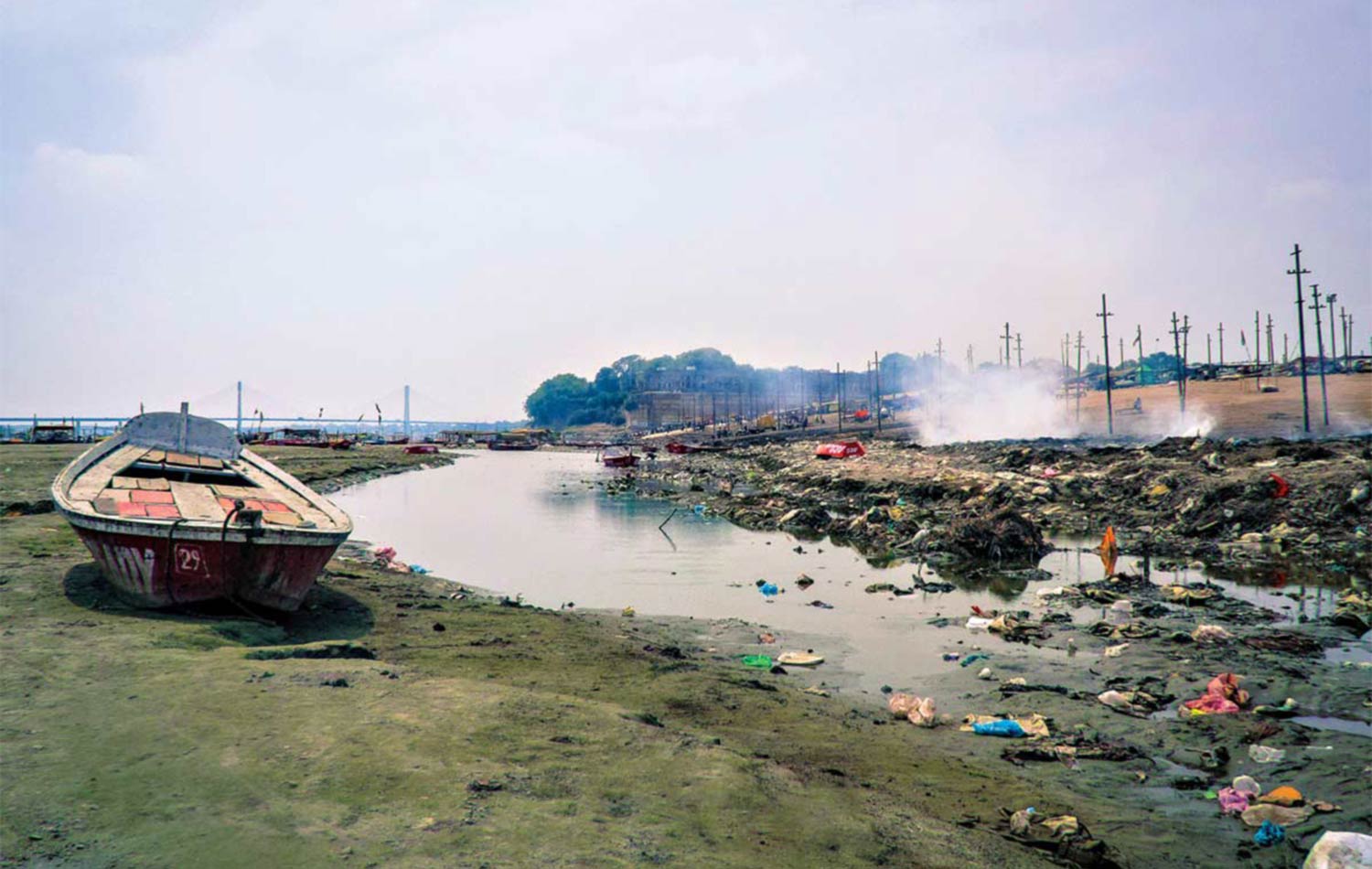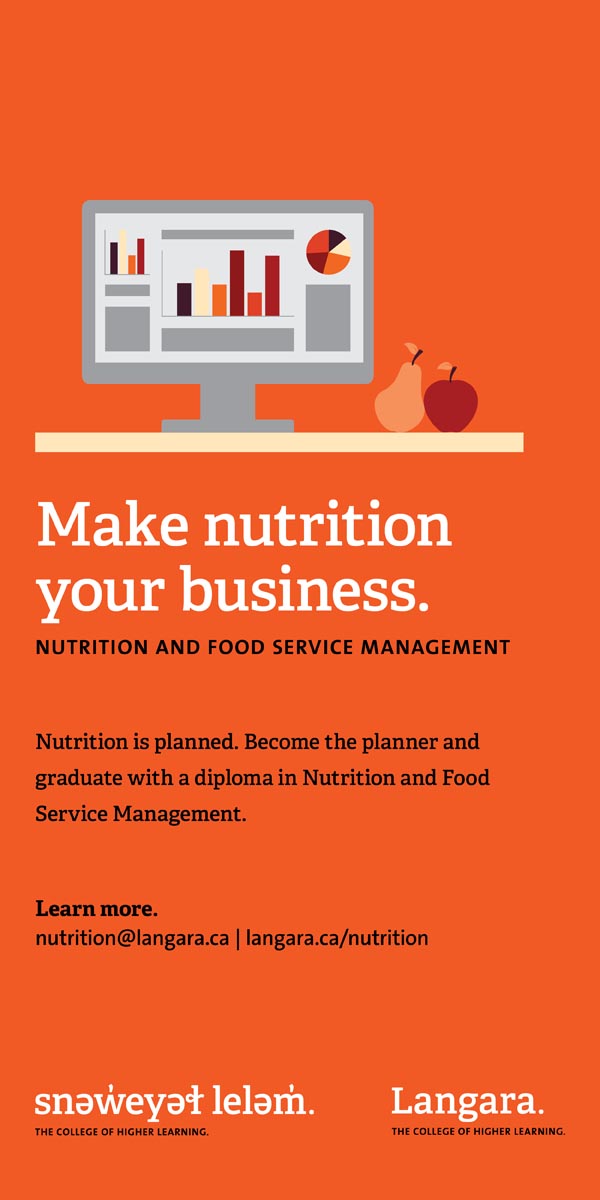When Dharma Master Cheng Yen, founder of the Tzu Chi Foundation, encouraged the public to embrace environmental conservation during a speech at a Taiwanese high school back in August 1990, her message was a public appeal to start recycling. Enthusiastic volunteers began by simply collecting bottles off the streets. By 2003, they had formed the Tzu Chi International Humanitarian Aid Association (TIHAA), and in 2006 they launched an innovative recycling initiative—transforming old plastic bottles into environmentally friendly fabrics. Two years later, five enthusiastic TIHAA volunteers formed DA.AI Technology Co. Ltd. and developed technology that can create polyester thread from plastic bottles.
The Tzu Chi Foundation, started in 1966, now has 372 offices worldwide (including one in Vancouver), which run operations across 47 countries in the areas of medical and educational outreach, poverty and international humanitarian relief, community volunteerism and environmental protection. Tzu Chi’s recycling initiative is centred in Taiwan, where more than 80,000 people volunteer at 5,462 recycling stations, turning plastic waste into clothing and blankets, which can be used on relief missions. DA.AI donates 100 percent of its net proceeds to the Tzu Chi Foundation and collaborates with Tzu Chi’s volunteers to collect, sort, clean and shred bottles in preparation for the recycling process. As of March 2014 DA.AI has recycled 330 million plastic bottles and regularly updates the count on their website. They estimate their activities have reduced carbon dioxide emissions by 21 million kilograms, energy consumption by 5.3 million litres, and water consumption by 897 million litres to date. “Our main mission is to recycle the bottle, and reuse it by giving it a new life,” says Tom Torng, public relations director of Tzu Chi Canada. “But if we can reduce our consumption, it will reduce our waste, and fewer things will need to be recycled.”
DA.AI’s first product was a grey fleece blanket produced exclusively for distribution through Tzu Chi’s international relief missions. Sophia Chang, director of Tzu Chi, Vancouver District, explains, “The blanket is a symbol of protection and warmth.” It gives disaster victims something to sleep on at night and can be transformed into a tent for protection during the day. As of March 2014 over 650,000 of these blankets have been distributed to over 30 countries and disaster regions including Japan, Sri Lanka, and New York City (after Hurricane Sandy in October 2012).
Clothing and blankets made from DA.AI’s recycled polyester are also for sale in Taiwan at Tzu Chi’s offices and hospital, the Tzu Chi Jing Si Hall, Jing Si Bookstores, Tonlin Department Store in Taoyuan and through DA.AI’s website (daait.com). Each product’s sales tag shows a timeline indicating which resources were used to produce it. For example, it takes about seven 20-ounce bottles to create one t-shirt, and about one year to complete the process. However, for every shirt made, DA.AI saves 3.5 millilitres of oil, 605 millilitres of water and 172 grams of carbon dioxide from being emitted into the air. The money raised from these products goes back to the Tzu Chi Foundation to help finance future projects and initiatives.
Along with reducing landfill waste, DA.AI and Tzu Chi volunteers are helping people in disaster regions to survive. The bottles that once littered the streets of Taiwan now serve a useful purpose and have become something meaningful for many.
From Plastic to Polyester
Turning plastic into fabric may sound odd, but the polyester we commonly wear is in fact made from the same base materials as your average pop bottle.
The triangular symbol found on the bottom of each bottle identifies which category of plastic it is. Those marked with the number ‘one’ are polyethylene terephthalate, commonly known as PET or polyester. This type of plastic is typically used for disposable soft drinks and water bottles and produces the purest form of polyester out of all the plastic resins. PET is the only type of plastic that can create threads that are strong enough to be spun on high-speed clothing machines.
The colour of the plastic bottle determines the colour of the fabric produced. Transparent bottles will produce white fabric, green bottles will make green fabric, and blue bottles or those mixed with colours will yield grey fabric.





